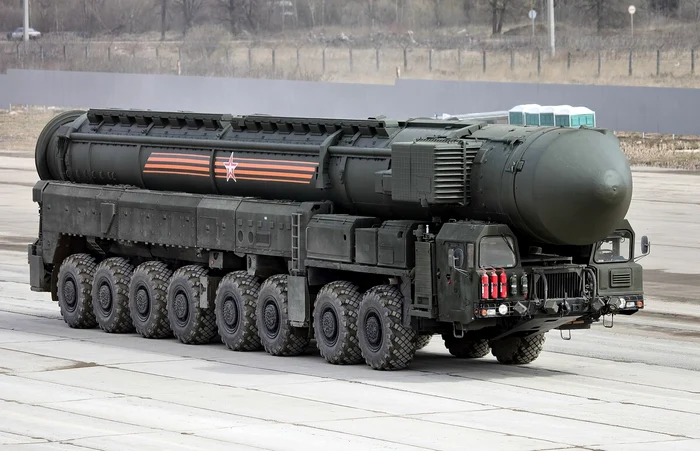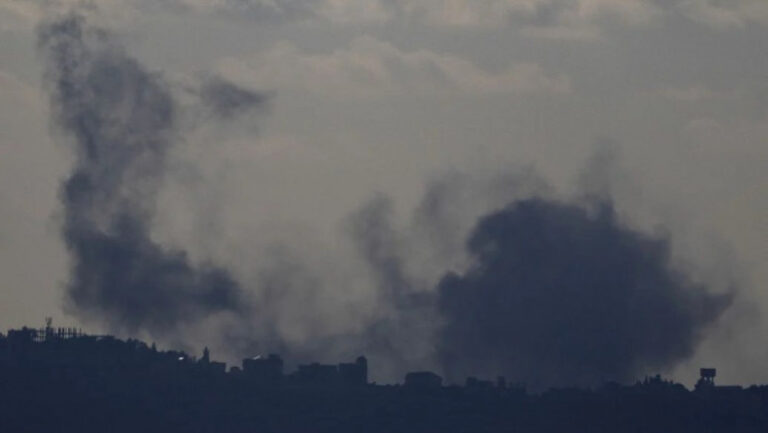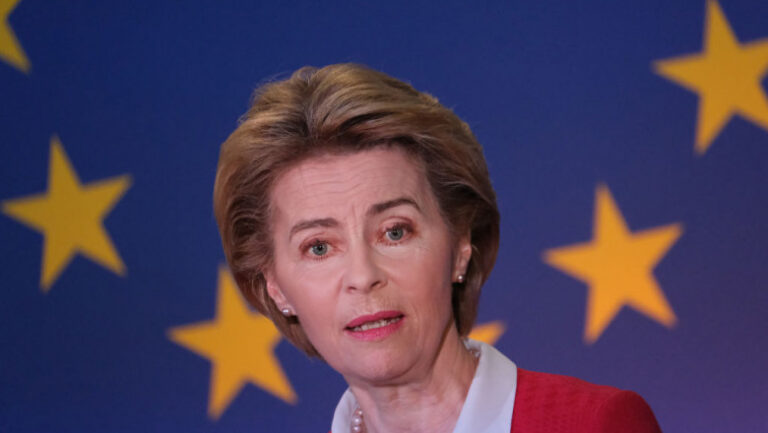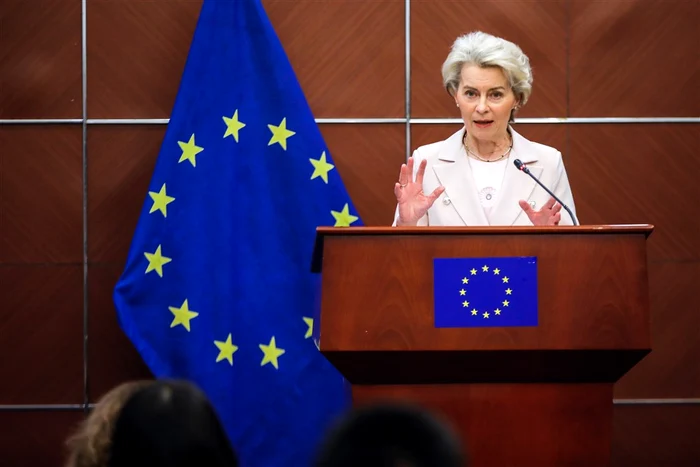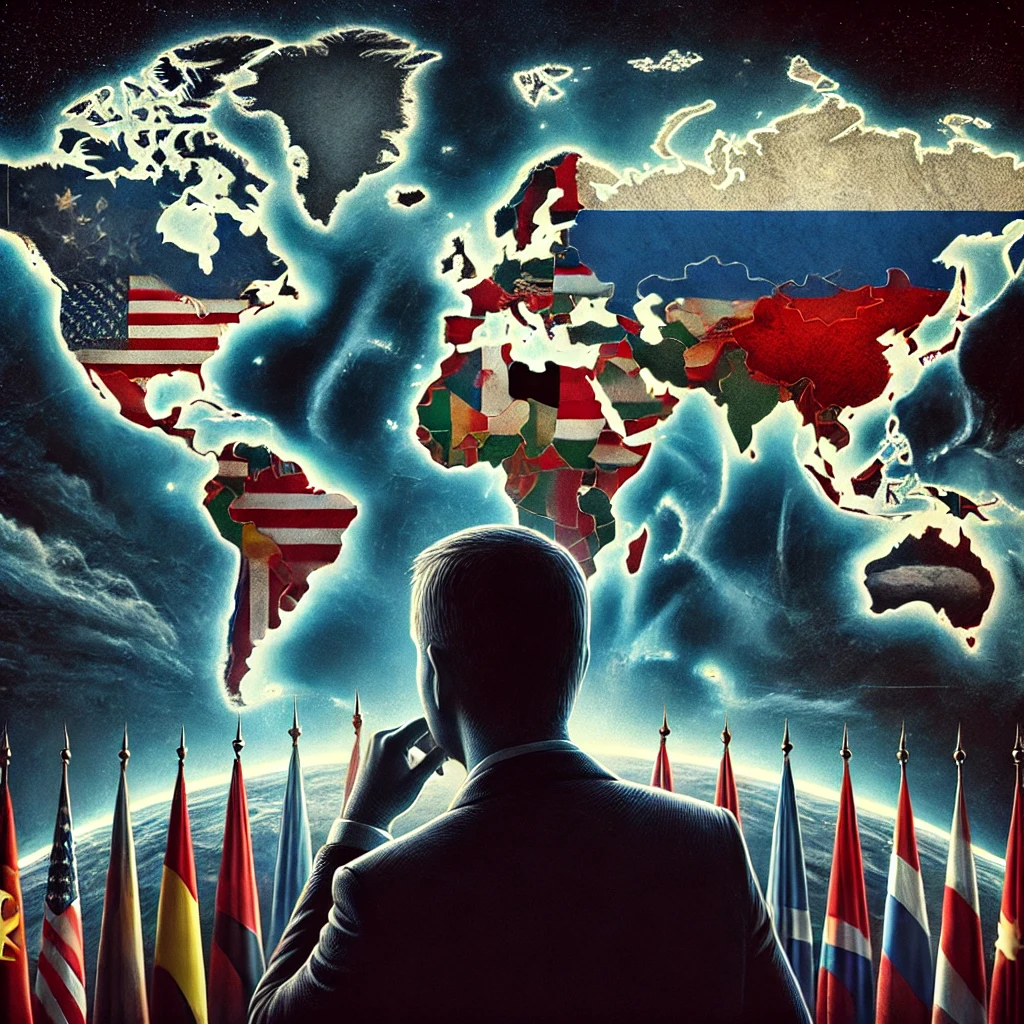
Introduction
As the world’s attention turns to the high-stakes U.S. presidential election, noted historian and political analyst Armand Goșu provides a foreboding outlook on what a potential victory for Donald Trump could mean for global stability. According to Goșu, Trump’s return to the White House could accelerate tensions and bring us closer to a major conflict. Even if Kamala Harris wins, Goșu suggests, the geopolitical storm may be delayed but not averted.
The Candidates and the Stakes
With Donald Trump and Kamala Harris vying for the presidency, Goșu warns that the stakes are monumental. “Regardless of the outcome, the decision will impact the entire world,” he notes. Many experts view Trump as the favorite, despite concerns over his possible impact on NATO and U.S. foreign policy. Goșu believes that Trump’s return would not necessarily mean a retreat from NATO but could entail different military strategies regarding Ukraine and Europe. According to him, “Trump’s presence might even bring greater military support to Ukraine, a point often overlooked by critics.”
Europe’s Role and the Future of NATO
For Europe, Goșu argues, the response to a changing White House should involve increased self-reliance and defense capabilities. “Whether Trump wins or not, Europe has to prepare to stand on its own,” he states. Europe, he suggests, will eventually need to mobilize its own defenses to counterbalance uncertainties in U.S. policies. Goșu underscores the importance of Europe forming independent strategies rather than relying exclusively on American support, especially in light of potential shifts in NATO’s stance on defense.
Divisions within the Republican Party
Internally, the Republican Party faces divisions on foreign policy priorities, particularly regarding Russia, Ukraine, and China. According to Goșu, there are three distinct factions: one that supports isolationism, another that backs traditional global U.S. supremacy, and a third faction that prioritizes countering China over involvement in European conflicts. Each faction presents different visions of America’s role on the global stage, and a Trump administration could face competing agendas in foreign policy.
The Shift Toward a Bipolar World
Goșu envisions a return to a bipolar global order reminiscent of the Cold War, with two dominant blocs: one around the United States and Western Europe, and another centered on China. “The era of a unipolar, American-dominated world is ending,” he argues. This shift, according to Goșu, could lead to “bitter conflicts and geopolitical rivalries that resemble the tense standoffs of the Cold War.” The new administration will be tasked with navigating these divisions, especially if Trump’s policies accelerate this realignment.
Conclusion
In his closing thoughts, Goșu calls on European nations to prepare for a tumultuous future. Romania, he points out, along with other NATO countries, will need to strengthen their defenses against potential Russian influence and hybrid warfare tactics. He emphasizes the need for Europe to recognize its vulnerability in the evolving global landscape and to take active measures to ensure stability, regardless of U.S. electoral outcomes.
